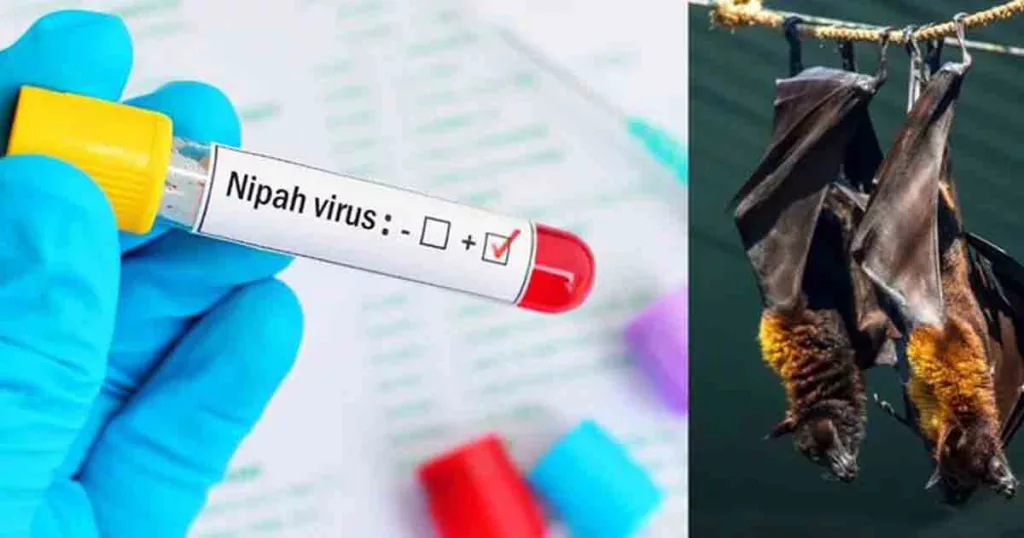Breaking : Nipah virus outbreak in Kerala intensifies; sixth case reported

By: Pune Pulse
September 15, 2023
Pune: Outbreak of the Nipah Virus is increasing in Kerala as another confirmed case has been reported. A 39-year-old man has been diagnosed with Nipah virus and is being treated in a hospital in Kozhikode, Kerala. The total number of infections in Kerala now stands at 6.
As per information, on September 13, a health worker became the fifth confirmed case of the Nipah virus in Kerala where the current outbreak is spreading.
Three people are currently being treated for Nipah virus infection, while a nine-year-old boy is still in critical condition. Two deaths have also been reported in the state. All the cases have been reported in Kozhikode, which has raised concerns.
About 11 wards in the district have been declared as ‘Containment Zones.’ The district administration has also declared September 16 as a holiday for all educational institutions in the district.
According to information from the World Health Organization (WHO), previously, several cases of the Nipah Virus have been seen in Kerala, on May 19 2018, the Nipah virus (NiV) was first detected in Kerala in the district of Kozhikode. It was the first outbreak of the Nipah virus in South India. As of June 1 2018, there are 17 confirmed deaths and 18 cases of NiV in Kerala. The districts affected by the Nipah virus are Kozhikode & and Malappuram.
According to WHO, the signs & and symptoms of Nipah Virus in human beings are ‘Human infections of Nipah Virus range from asymptomatic infection to acute respiratory infection (mild, severe), and fatal encephalitis. Infected people initially develop symptoms including fever, headaches, myalgia (muscle pain), vomiting and sore throat. This can be followed by dizziness, drowsiness, altered consciousness, and neurological signs that indicate acute encephalitis. Some people can also experience atypical pneumonia and severe respiratory problems, including acute respiratory distress. Encephalitis and seizures occur in severe cases, progressing to coma within 24 to 48 hours. The incubation period (interval from infection to the onset of symptoms) is believed to range from 4 to 14 days. However, an incubation period as long as 45 days has been reported.
Most people who survive acute encephalitis make a full recovery, but long-term neurologic conditions have been reported in survivors. Approximately 20% of patients are left with residual neurological consequences such as seizure disorder and personality changes. A small number of people who recover subsequently relapse or develop delayed onset encephalitis. The case fatality rate is estimated at 40% to 75%. This rate can vary by outbreak depending on local capabilities for epidemiological surveillance and clinical management.’
As per WHO, the following are the precautions to be taken:
- Practice hand washing regularly with soap and water
- Avoid contact with sick bats or pigs
- Avoid areas where bats are known to roost
- Avoid eating or drinking products that could be contaminated by bats, such as raw date palm sap, raw fruit, or fruit that is found on the ground
- Avoid contact with the blood or body fluids of any person known to be infected with Nipah Virus









